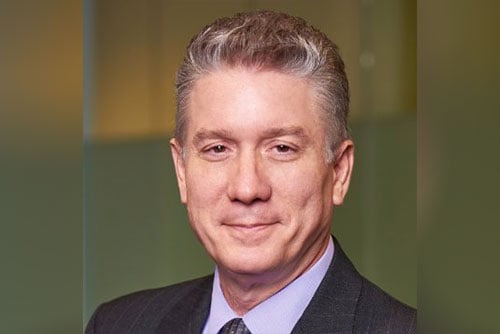

After a tumultuous year for Uber that shone a harsh light on the safety of passengers who use the ride-sharing platform, the company announced that it would be adding video and audio recording for more trips. A pilot program giving riders and drivers the option to record audio in cars is first launching in Brazil and Mexico, and coincides with an increase in demand from US and Canadian regulators as well as law enforcement for companies to share their customers’ information, according to reports from Bloomberg.
This move aims to make the service safer and help settle disputes, but has also brought with it concerns around the privacy of personal information that the tech giant will collect.
“Anytime that there’s a contemporaneous record of an interaction that can help resolve issues if something bad happens, that can be a good thing – the ability for the consumer, for the driver, and for Uber to be able to point to certain actions that may have contributed to a bad outcome,” said Thom Rickert (pictured), vice president and emerging risk specialist at Trident Public Risk Solutions, an Argo Group company. “But that goes along with some of the other issues about privacy and some other things that would make people hesitant to want to be part of a recorded conversation.”
The exposure is not to personally identifiable information per se, adds Rickert. After all, it’s not normal that you would be having a conversation with your Uber driver and be talking about your driver’s license number or social security number.
“However, if the conversation is being recorded, even though there may be an awareness by all the parties that it is and that there is no expectation of privacy, sometimes just the feeling of space when you’re in the backseat of a car, you may forget about that and begin speaking to other passengers or the driver about things that you normally would not speak about if it was being recorded,” he said. “The privacy concerns are not so much with worrying about financial loss, but more personal space and personal privacy.”
The parties interested in the type of information recorded from an Uber ride wouldn’t be your typical phishing cyber hackers. It’s more so the hacktivists or other groups of hackers who would feel that privacy concerns were paramount and would want to illustrate how easy it was to get hold of these recordings.
“It could also be for ransomware, to lock up a server that contains these and then try and extort money from the network holder,” explained Rickert.
Widening out the lens to look at the bigger picture of the sharing economy, the debate around the benefits versus risks of ride-sharing vehicle usage will continue, predicts the expert.
“Right now, Uber and other ride-sharing companies have already piloted and implemented in some cities dashcams and are recording sometimes without the audio during these trips. It does all go to – because of this new technology, this new platform and this new sharing economy – how do we keep people safe?” Rickert told Insurance Business. “We’ve tried the different Follow My Ride schemes, where you notify a friend where you are and when you left, and they can follow you on the map. So, I think each one of these things is just another component in experimenting with ways to build the comfort and the trust in the platform, and the ride-sharing scheme.”
It wasn’t so long ago when Uber, Lyft, and the other rideshare companies first began their rise that many people were concerned about preventing physical assault during a ride. The audio recordings are just another step in determining what can be done to assure the most comfortable, safe, and enjoyable experience for the consumer.
And of course, it’s also about trying to find ways for these companies to limit exposure to loss.
“They’re not a strong preventative tool,” said Rickert. “They’re a stronger mitigation tool. After something’s happened, can we look at it and say, ‘Did something bad happen?’ And if it did, what can we do about it to make sure that it doesn’t occur again?”
